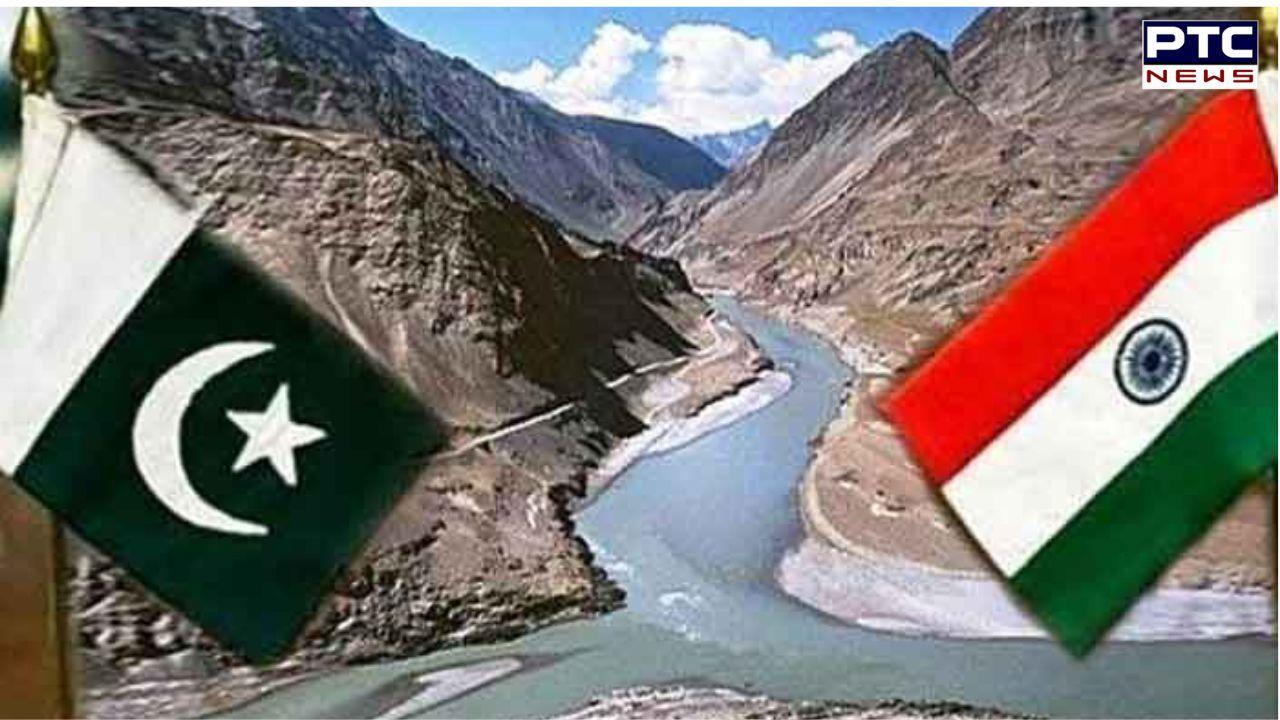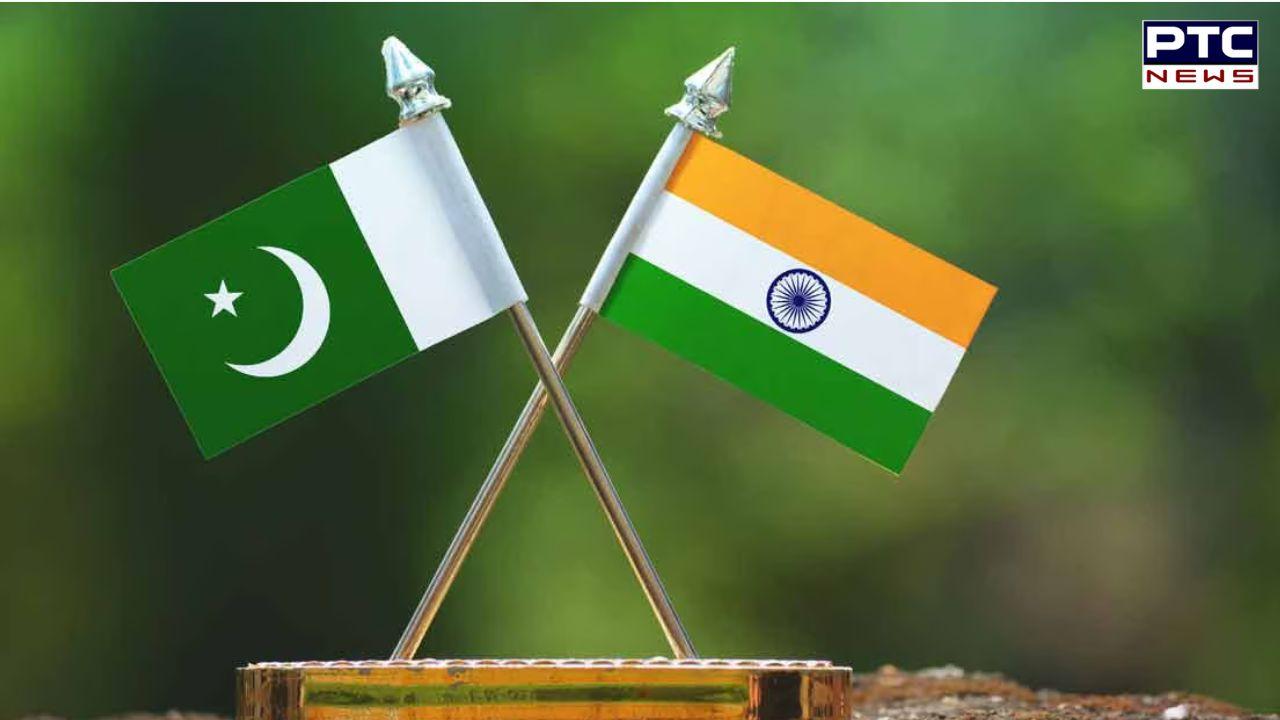India seeks review and modification of 1960 Indus Waters Treaty, cites Pakistan’s obstructive attitude
This move is expected to further strain the already fragile relationship between India and Pakistan

PTC Web Desk: In a significant move reflecting its growing discontent with the functioning of the 1960 Indus Waters Treaty, India has formally notified Pakistan on August 30 of its intent to review and modify the Treaty’s provisions, as per a report published in Hindustan Times. The notification, issued under Article XII (3) of the Treaty, seeks a reassessment of the agreement between the two nations in light of significant changes in circumstances since the treaty was first signed.
As per the report, India’s notification has flagged three major concerns that warrant a revision of the long-standing water-sharing arrangement. The first issue pertains to the significantly altered population demographics in India, which have led to increased demand for water resources, particularly in agriculture and urban areas. The existing provisions of the Treaty, which were designed over six decades ago, no longer reflect the current population pressures and agricultural needs.
Secondly, India is accelerating its clean energy initiatives to meet its climate targets, and hydropower plays a crucial role in this strategy. However, Indian officials argue that Pakistan has been unreasonably obstructive regarding hydel projects on the Indian side, such as the Ratle and Kishenganga projects, despite India’s adherence to the Treaty’s stipulations.

The third major concern underlines the persistent issue of cross-border terrorism from Pakistan, particularly in Jammu and Kashmir. India argues that these ongoing security threats have impeded the smooth operation of the Treaty and hindered the full utilisation of India’s rights under the agreement.
The notification comes against the backdrop of a long-standing dispute between India and Pakistan over the Ratle and Kishenganga hydroelectric projects. Indian officials have accused Pakistan of deliberately obstructing the development of these projects, taking advantage of what they call India's "generosity" under the Indus Waters Treaty.
The situation has further escalated due to the World Bank’s dual involvement in the dispute resolution process. In what Indian officials describe as a "defiance of logic," the World Bank has simultaneously activated both the Neutral Expert mechanism and the Court of Arbitration. This has led India to question the current dispute resolution mechanism under the Treaty, with the latest communication urging a reconsideration of these processes.
Experts believe that India's decision to seek a modification of the Treaty reflects its growing frustration with Pakistan’s intransigence and its continued support for cross-border terrorism. There is also a rising belief that the Treaty, which was signed in 1960, was overly optimistic in its expectations of peaceful cooperation between the two countries. The treaty, while generous to Pakistan, has not yielded the expected goodwill, with Pakistan instead using the water-sharing agreement as leverage against India in international forums.
In Jammu and Kashmir, where the Indus waters flow, there has been a long-standing demand for a review of the Treaty. Local people argue that their rights to the waters were surrendered without proper consultation, and the political climate in the region has intensified these demands. Similar sentiments have been echoed in Punjab and Haryana, where increased access to water could greatly benefit local agriculture and clean energy projects.
As per the report, the decision to send the modification notice was made after extensive deliberations within the Indian government. This move is expected to further strain the already fragile relationship between India and Pakistan, but it also underscores India’s determination to safeguard its water resources and national security in an increasingly tense regional environment.
